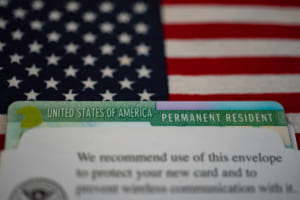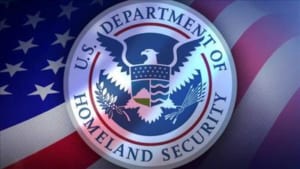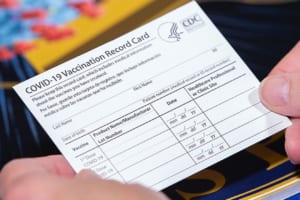 Charlie Oppenheim, Chief of Visa Control and Reporting Division at the U.S. Department of State recently announced that the entire EB-3 visa category has become unavailable for the remainder of the 2019 Fiscal Year. When a visa category reaches its annual limits for the fiscal year, no additional visas may be issued until the next fiscal year. The annual EB-3 cap applies to all countries including EB-3 China, EB-3 India, EB-3 Philippines, and EB-3 Vietnam.
Charlie Oppenheim, Chief of Visa Control and Reporting Division at the U.S. Department of State recently announced that the entire EB-3 visa category has become unavailable for the remainder of the 2019 Fiscal Year. When a visa category reaches its annual limits for the fiscal year, no additional visas may be issued until the next fiscal year. The annual EB-3 cap applies to all countries including EB-3 China, EB-3 India, EB-3 Philippines, and EB-3 Vietnam.
The EB-3 visa is an employment based visa category which includes skilled workers whose job requires at least two years of training or work experience, professionals whose job requires a U.S. bachelor’s degree or foreign equivalent, and unskilled workers for those performing unskilled labor requiring less than two years of experience. Some of the more common types applicants who seek an EB-3 visa include nurses and other healthcare workers.
EB-3 visa availability is scheduled to reopen on October 1, 2020 which marks the beginning of the next fiscal year.
For more information about EB-3 annual caps, contact us at…








